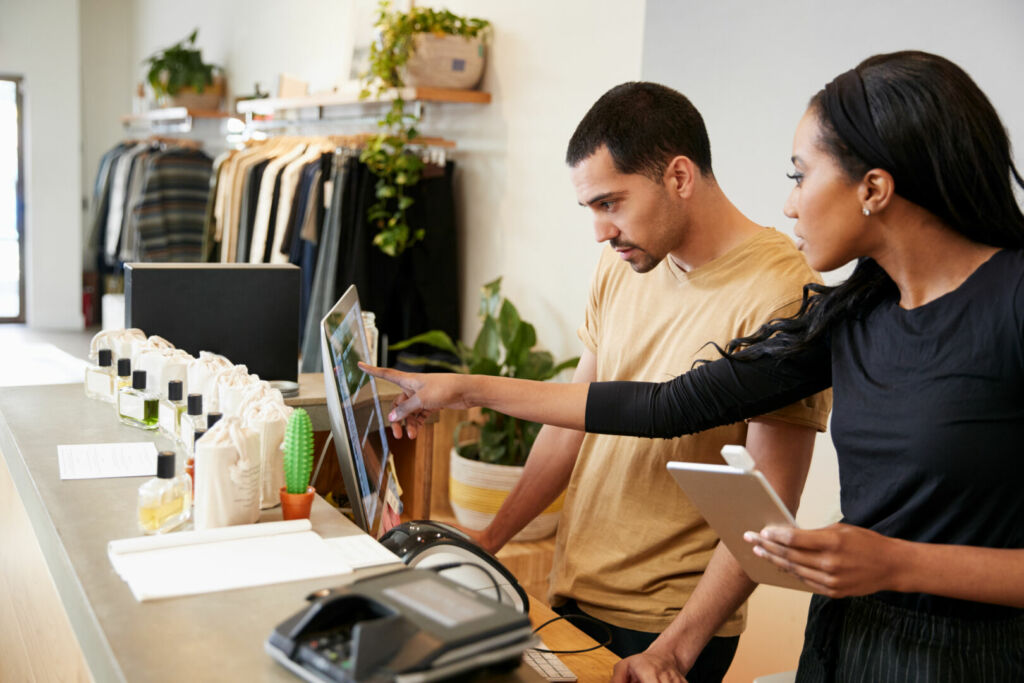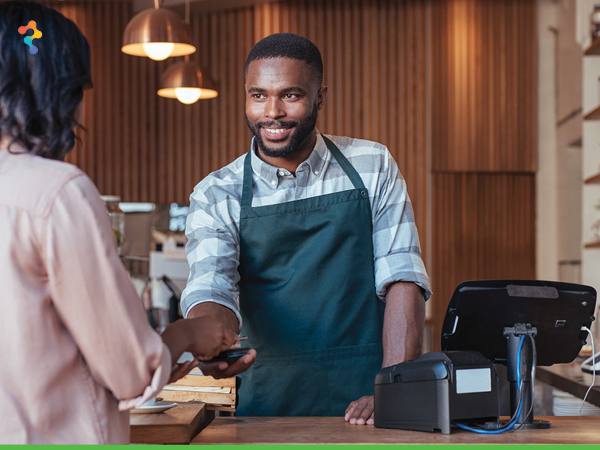How Can POS Systems Boost Customer Experience?
Everyone knows the importance of good customer experience in the retail and hospitality industries; it’s what keeps the money coming in. But how many business owners continually evaluate their customer experience strategy?
POS technology is a tool that all customer-facing businesses need to get on board with. It’s often first associated with data collection and inventory management, but the latest POS software can also help strengthen your relationships with customers.
From enhancing in-store experience to optimizing digital communications, here’s how point of sale systems can improve customer experience and help you stay abreast of competitors.
Keep Stock Full
Having too many out-of-stock products or unavailable items on the menu is one of the quickest ways your business can lose customers. According to a survey carried out by Harris Interactive, 68% of US adults would stop shopping at a particular retail store if they encountered empty shelves during their visit.
POS systems make inventory management easy so that your business never runs low on stock. With the latest software, any incoming orders or outgoing sales can be integrated with your inventory, allowing you to view your stock levels in real time.
As a result, any stock concerns will be made known to you immediately, and you’ll be able to act accordingly to avert any customer disappointment. Many POS systems also process reorders, meaning new stock can be purchased automatically once it runs low.
Finally, having accurate inventory information enables staff to give straightforward answers to product inquiries. This will save your customers from waiting around idly as employees search the warehouse for stock.
Make Shopping Simpler
Customers want a stress-free shopping experience. In brick-and-mortar stores, products should be strategically placed to maximize convenience for shoppers.
Data from your POS system can be used to devise an effective floor plan. As a general rule, your key items—including best-sellers and seasonal products—should be located near the front of the store. This will help customers to find the things they need most with minimal trouble.
By analyzing POS reports, you can also group items commonly bought together in similar locations. Other insights from customer data may lead you to establish in-store kiosks or displays for popular products. You’ll also be able to gauge which departments are busiest so that you can staff them appropriately.
Modern POS systems gather a wealth of data about your customers that can be acted on to mold your business structure closer to their needs.
Improve Transactions
Paying is often the biggest pain point for customers shopping in brick and mortar stores. In fact, 73% of people identify queuing at the checkout as their least favorite part of in-store shopping, according to a study from Synqera.
POS software can go a long way to remedying this issue. Digital technology at the till speeds up transactions and also reduces the risk of human error from cashiers handling money. The latest POS systems accept a wide variety of payment methods, thereby reducing any inconvenience to the customer.
Mobile payment, through smartphones and tablets, has also helped to reimagine the transaction process. Customers in restaurants can now pay without leaving their table. With the latest web or app-based contact-free payment solutions, they can also pay without a staff member needing to process the transaction.
This should not be lost on retail businesses. Mobile payment areas can be strategically placed in busy or high-value departments around the store. This can help to relieve the strain on checkouts and drive sales in focused areas.
By investing in your POS system, you’ll be making the last stage of the customer journey much smoother.
Create Personalized Experiences
Nowadays, customers expect personalized shopping experiences. These build trust and stimulate buying activity. According to Epilson, 80% of consumers are more likely to purchase when they receive a personalized style of service.
Sales data captured by your POS system provides a detailed account of each individual customer’s spending habits. This information can be used to personalize marketing efforts by sending customers coupons for items they buy regularly. Similarly, you may notify them when favored products go on sale.
The opportunities to strengthen customer relationships offered by POS data are virtually endless. Consider offering customers a discount on their birthday. Reward your biggest spenders with exclusive ‘VIP’ perks. When hosting a targeted event, invite customers with an interest in that area.
By incorporating personalization into your business with POS, you can bolster customer loyalty and, ultimately, boost sales.
Summary
POS software now forms a key part of customer experience strategy. It provides businesses with direct systems for customer relationship management and actionable data to make future improvements. By equipping your business with the latest POS systems, you can enhance customer experience at every step of the consumer journey.
If you want to get up to speed with POS, contact us for free quotes today!






